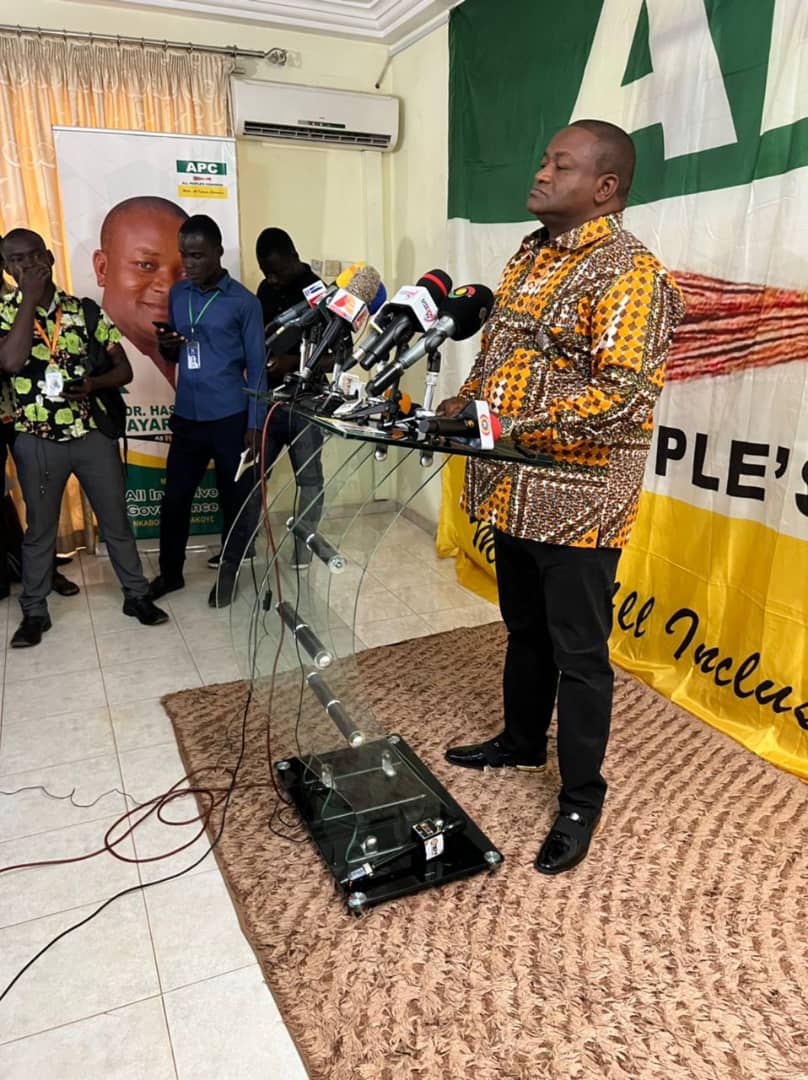The Founder and Leader of the All People’s Congress (APC), Dr. Hassan Ayariga, says the recent spate of floods across the country were indications that no hard lessons were learned from the infamous June 3rd disaster in 2015.
In his view, if concrete measures were instituted following the ‘Black Wednesday’ that claimed over hundred lives, the recent floods, particularly, those witnessed in the capital city of Accra, could have been avoided.
Addressing a press conference in Accra yesterday, Dr. Ayariga called for the establishment of strong institutions, clothed with powers to be able to strictly enforce by-laws and other regulations, to help stem the tide.
For instance, he said that “Ghana recorded unprecedented flood event in November 2010, which affected 55 communities and displaced 700,000 people.
“Additionally, 3,234 houses were destroyed, while 23,588 acres of farmlands were submerged.”
He noted that though urban flooding was becoming a global phenomenon, Ghana could engage more trained civil engineers to delve deeper into the phenomenon, which had become an annual ritual, in order to get the best solution out to save lives.
As part of the measures, Dr. Ayariga insisted that existing laws must be enforced without fear or favour to “prevent people from building on water ways, which cause blockage of the free flow of water.”
“We need to construct drainage systems to link all waterways, and channel it into the sea; build very solid sea defense system; expand all our gutters and desilt our waterways. We have to construct community catchment areas to hold some of the volume of rain water when there is heavy downpour,” he said, stressing that these measures would go a long way to help curb the worrying situation.
“We must include structural flood protection measures like storm drains, and construction of floodways linking communities. We should adapt ways of dredging our nation before the rains starts,” he added.
Perennial flooding in several cities and towns across the country, with its accompanying concomitant effects, keeps recurring annually with no end in sight, with Accra being the hardest hit city in recent times.
On the 3rd of June 2015, the nation’s capital witnessed a devastating “twin” disaster at the Kwame Nkrumah Circle where a massive explosion occurred in the storm of a heavy flood in which it was estimated that about 150 persons lost their lives.
Unfortunately, Accra continues to get flooded whenever it rains and the situation keeps moving from bad to worse seven years after the infamous disaster at Circle that plunged the country into three days of mourning.
The continuous flooding of parts of the country and Accra in particular, adversely affects decent work and economic growth, good health and well-being, clean water and sanitation as well as innovation and infrastructure. These factors affects Ghana’s quest to achieve Sustainable Development Goals (SDGs) especially 8, 3, 6 and 9.









Just want your voice to be heard pay your taxes and all will be well